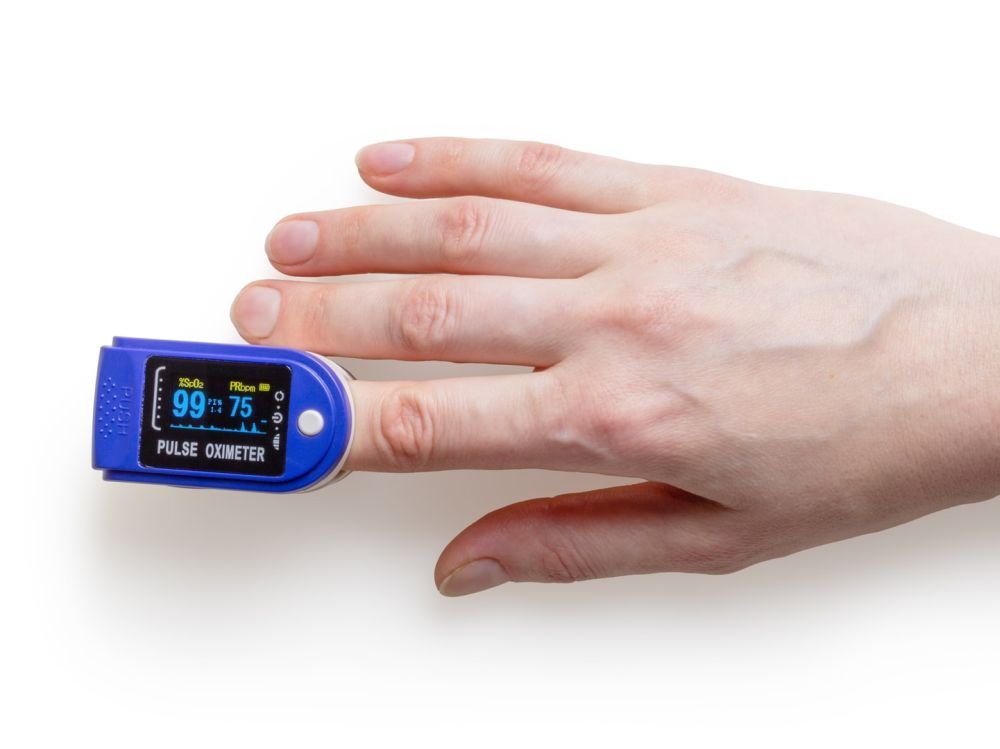
Sometimes we know much better about normal blood pressure than about a pulse that should cause alarm. So, what should be its normal performance?
The pulse tells us about the heart rate – this is the number of heart contractions per minute. The heart rate fluctuates and changes over time depending on various factors such as exercise and mental health issues. As a rule, the pulse is measured when we are relaxed or resting. According to official statistics, in adults, the resting heart rate should be 60-100 beats per minute (bpm). Depending on age, the normal resting heart rate in children may be higher than in adults.
Resting heart rate is when our heart is pumping exactly the amount of blood the body needs. Each person has a different resting heart rate. In addition, factors such as age, activity level, and certain medications can affect resting heart rate.
Some people may have less than 60 heartbeats per minute and this is also considered normal. But most often, such a slow pulse is bradycardia, which can cause insufficient blood flow to the brain. Some people with an abnormally low heart rate may experience symptoms such as fatigue, dizziness and loss of consciousness.
An easy way to read other people's minds has been revealed
Tachycardia is the medical term for an average heart rate of more than 100 beats per minute. Physical or mental stress that causes the release of the hormone adrenaline, which triggers the fight-or-flight response, can cause conditions such as fever, anemia, dehydration, or heart palpitations. People with a resting heart rate of 84 beats per minute or higher have a 55% higher risk of dying from heart disease than people with a lower heart rate.
A cardiologist explains which heart rate is considered dangerous
Low bullets as well as heart palpitations can become a dangerous problem if ignored. Any sudden change in heart rate requires emergency care. If you notice a change in heart rate that is accompanied by symptoms such as shortness of breath, chest tightness, dizziness, fainting, and inability to exercise, you should contact your doctor immediately. (READ MORE) 
The Health Site
Health
Health & Knowledge Portal beauty in India
